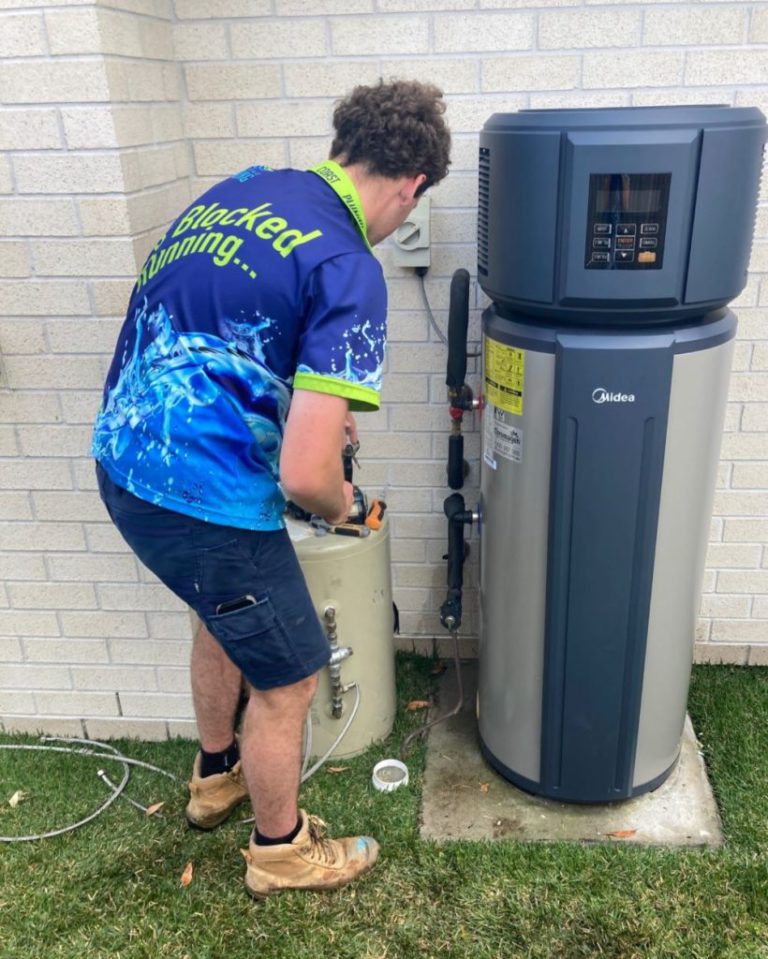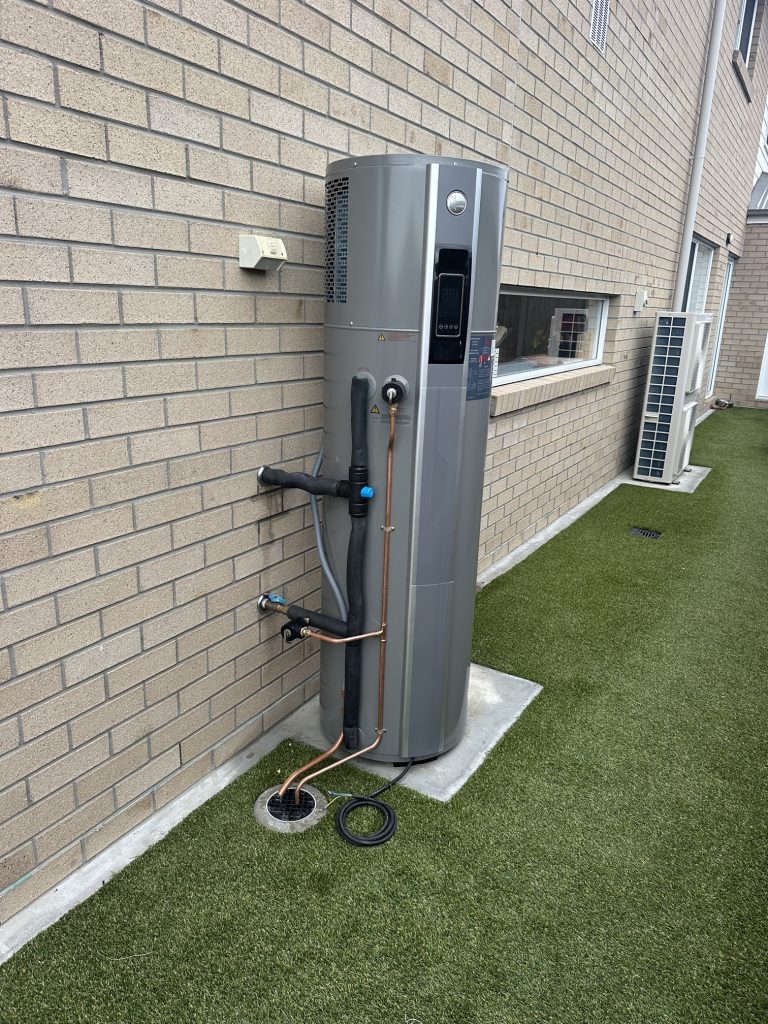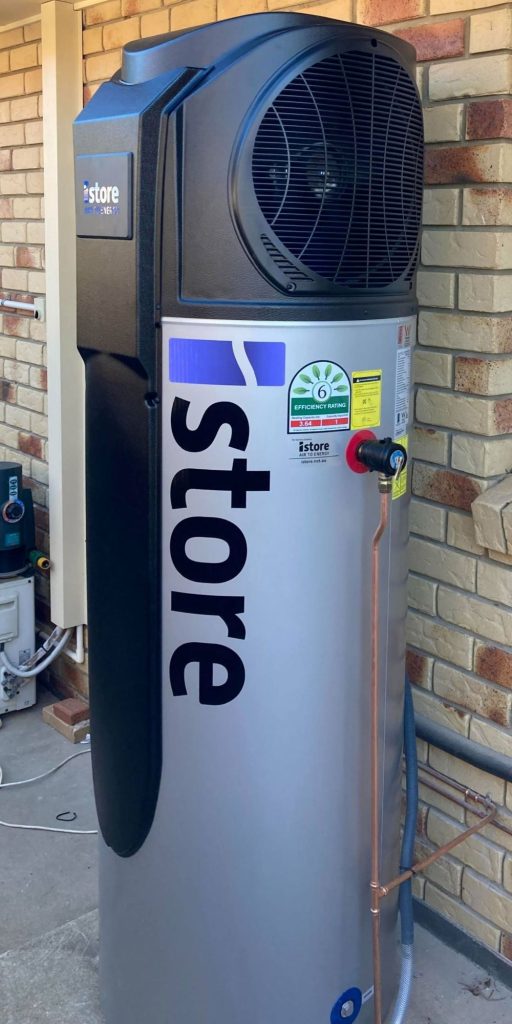Comprehensive Insights for Selecting the Perfect Hot Water System for Queensland’s Unique Climate
Choosing the right hot water system for your residence in Queensland is a process that goes far beyond merely evaluating the brand or the storage capacity of the system. It necessitates a thorough understanding of numerous factors that influence the performance of the system, including the local climate, prevailing humidity levels, electricity tariffs, and the specific hot water needs of your household on a daily basis. With energy costs on the rise, many households are increasingly opting for heat pumps owing to their remarkable energy efficiency and environmentally friendly attributes. Nonetheless, it is crucial to acknowledge that heat pumps may not universally suit every property type. A comprehensive assessment of all these factors is vital to ensure you choose a hot water solution that offers outstanding performance and durability.
This article aims to explore the operational efficiency of heat pumps in Queensland’s diverse climatic conditions, identify the types of homes that benefit the most from these cutting-edge systems, and debunk prevalent myths that may lead to inadequate performance or erroneous system choices.

Maximising Heat Pump Efficiency in Queensland’s Coastal Areas
Heat pump water heaters operate by extracting thermal energy from the surrounding air. Their efficiency is notably improved when the ambient air temperature rises. In the coastal regions of Queensland, particularly in popular locales such as the Sunshine Coast, Brisbane, and the Fraser Coast, average air temperatures typically remain above 5°C, even during the winter months. This consistent warmth allows heat pumps to function efficiently year-round without necessitating additional electric heating or boosting, which is often required in cooler climates. By leveraging this natural energy source, homeowners can enjoy reduced energy expenses and a smaller carbon footprint.
Key Environmental Factors That Boost Heat Pump Efficiency
| Factor | Impact on Heat Pump Functionality | Coastal QLD Efficiency |
|---|---|---|
| Average ambient temperature | Higher temperatures lead to improved efficiency | ✓ Consistently maintained above 5°C |
| Humidity levels | Moderate enhancements in performance | ✓ Generally high and stable |
| Access to off-peak electricity | Reduced operational costs | ✓ Widely available in most regions |
| Roof shading | Minimal impact on efficiency | ✓ No adverse effect on system performance |
| Direct sunlight exposure | Not required for optimal operation | ✓ Performs well even in shaded areas |
Understanding Conditions Where Heat Pumps May Not Perform Optimally
While heat pumps provide a wide array of benefits, certain scenarios in Queensland may hinder their performance:
- Inland or elevated areas
In regions like Toowoomba or the Hinterland, winter nights can see sharp temperature drops. In these situations, some models of heat pumps may struggle to maintain peak efficiency without relying on a booster element, potentially leading to increased energy consumption and higher utility costs. - Restricted or poorly ventilated outdoor spaces
Heat pumps require sufficient airflow around their compressor units to operate effectively. In confined or enclosed areas, the ability to extract heat may be compromised, resulting in diminished efficiency and increased operational noise, which could disrupt nearby residents. - Large families with high hot water usage
In households with more than six occupants, systems designed for enhanced water storage or rapid recovery times, such as solar-boosted gas systems, may be better suited to efficiently fulfilling substantial hot water demands.
Clarifying Common Misconceptions About Heat Pumps in Queensland
“They lose efficiency in winter.”
This belief may be accurate for cooler southern regions; however, it does not apply to Queensland. In areas where average temperatures consistently remain above 5°C, heat pumps sustain their operational efficiency throughout winter, ensuring a reliable supply of hot water even during cooler months.
“Solar panels are essential for heat pumps to operate.”
This assertion is misleading. Heat pumps can function without the aid of solar photovoltaic (PV) systems, although pairing them with solar energy can further enhance both energy savings and environmental sustainability.
“Heat pumps are excessively noisy and disruptive.”
Modern heat pump systems are engineered to operate significantly quieter than their predecessors. When installed correctly in well-ventilated settings, the noise generated by the compressor unit is minimal, thus maintaining comfortable living conditions for homeowners.
Proven Techniques for Optimising Heat Pump Installation and Performance in Queensland
- Select a system tailored for Australian climates
Choose models that boast high-efficiency ratings and reliable local support, such as istore or Stiebel Eltron, which are highly regarded for their performance in Australian weather conditions. - Install in a well-ventilated yet shaded area
Although heat pumps do not necessitate direct sunlight, they require adequate airflow around the unit to operate effectively and efficiently. - Leverage timers or smart controls
By programming your system to function during periods of solar energy generation or off-peak electricity hours, you can significantly enhance your energy savings and reduce operating expenses. - Ensure your system is appropriately sized
A capacity ranging from 250 to 300 litres is generally suitable for most families. An undersized system could result in performance issues and increased dependency on boosting mechanisms, leading to higher energy consumption.
The Vital Role of Local Expertise in Successful Heat Pump Installation
The installation of a heat pump demands a customised approach to guarantee optimal outcomes. The best results are achieved by collaborating with a local plumber who possesses an understanding of:
- Performance tailored to local climate, ensuring maximum efficiency
- Eligibility for rebates such as Small-scale Technology Certificates (STCs) and various Queensland government incentives designed to promote energy efficiency
- Optimal placement and ventilation strategies to enhance system performance
- Integration with solar PV systems or battery storage solutions, when appropriate, to improve energy efficiency
At Creek to Coast Plumbing, we are committed to providing and installing high-performance hot water systems, including heat pumps, across the Sunshine Coast and Moreton Bay areas. Our dedicated team is prepared to assist you in identifying which hot water service will best address your specific requirements. As the demand for energy-efficient hot water solutions increases, many individuals are evaluating solar options against heat pumps. We will assess the unique circumstances of your home, recommend the most suitable system, and ensure you are equipped for optimal efficiency.
Learn more about our Heat Pump Hot Water Installations or contact us for a personalised recommendation tailored to your specific needs.
The Article: Heat Pumps in Queensland: Effective Solutions and Pitfalls first appeared on https://writebuff.com
The Article Heat Pumps in Queensland: Benefits and Challenges Explained Was Found On https://limitsofstrategy.com





